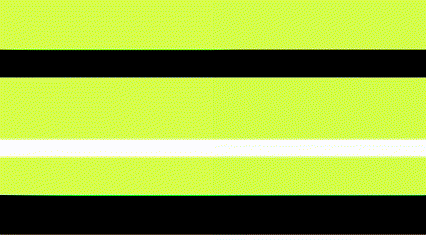Pose Estimation using Ultralytics YOLOv8 engine
Pose detection is a fascinating task within the realm of computer vision, involving the identification of key points within an image. These key points, often referred to as keypoints, can denote various parts of an object, such as joints, landmarks, or other distinctive features. Keypoints are typically represented as sets of 2D coordinates [x, y] or 3D coordinates [x, y, visible].
The ultimate goal of a pose estimation model is to precisely locate these keypoints on an object present in an image or a video. This process is often accompanied by confidence scores assigned to each keypoint, indicating the model's level of certainty regarding the accuracy of its predictions. Pose estimation proves to be incredibly useful when there's a need to pinpoint specific elements of an object in a given scene, and to understand their spatial relationships.
This repository is dedicated to Ultralytics Pose Detection, a project that explores and implements advanced pose estimation techniques. With the rise of deep learning and computer vision, pose detection has garnered immense interest due to its applicability in a wide range of domains. Whether it's analyzing human movement, understanding object orientations, or enhancing augmented reality experiences, pose detection plays a pivotal role.
At its core, the project employs state-of-the-art pose estimation models that have been meticulously trained on diverse datasets. These models are capable of identifying keypoints with remarkable precision. The output consists of a set of points, each representing a keypoint on an object within the image. Accompanying these points are confidence scores, providing insights into the model's level of confidence in its predictions.
To get started with Ultralytics Pose Detection, follow these steps:
-
Clone the Repository: Begin by cloning this repository to your local machine using the following command:
git clone https://github.com/Atomic-man007/Pose-Estimation-Ultralytics.git -
Setup Dependencies: Ensure you have all the required dependencies installed. This might involve setting up Python environments, installing libraries, and configuring any necessary hardware components.
-
Explore and Experiment: Dive into the provided codebase and models. You can utilize pre-trained models or train your own depending on your specific use case. Experiment with different images and scenarios to witness the power of pose detection.
Try the Img and Video API for pose detection
Run the API file with the following command
uvicorn pose-fastapi:app --reload
visit to the below link once you run the code
http://127.0.0.1:8000/docs
Hurray try the APIs in swagger UI
Ultralytics Pose Detection pre-trained model opens doors to a realm of possibilities within computer vision. From understanding human gestures to improving robotics, the applications are vast and exciting. Join us on this journey of exploring and harnessing the capabilities of pose estimation for a myriad of real-world applications.

